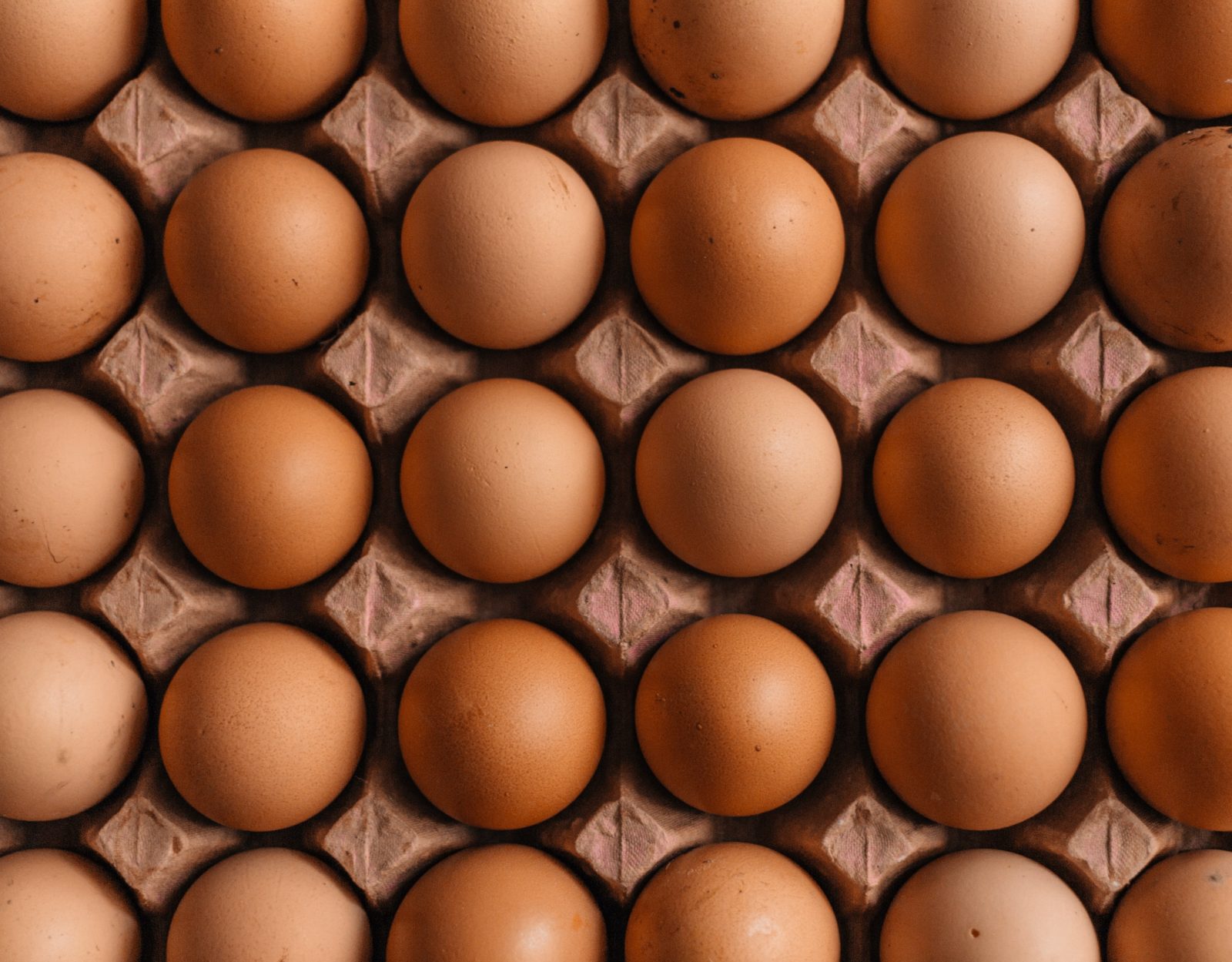Protein is deeply important for your health. Proteins are made up of amino acids, and they all join together to form chains, almost like a string of beads. Thousands of proteins within the body are formed by only 20 variations of amino acids. These proteins go on to perform various vital tasks within the body. Read on for a breakdown of these crucial functions.
Growth & Maintenance
Your body needs protein for the growth and maintenance of its different tissues. The proteins within the body are in a constant state of turnover, which is why consuming protein is important. Usually, the body only breaks down the same amount of protein that is used; however, sometimes, it breaks down more protein than it can create, which then increases the body’s need. An individual’s protein needs will depend on their health and their activity level.
One of the best sources is High Impact Whey Protein which helps to improve body composition and preserves lean muscle mass. Whey protein is animal based, so it contains all nine essential amino acids. Those amino acids are histidine, isoleucine, leucine, lysine, methionine, phenylalanine, threonine, tryptophan, and valine. Typically pant-based proteins don’t contain all nine essential amino acids, or amino acids our body doesn’t produce on its own.
Biochemical Reactions
Enzymes are proteins that aid in the biochemical reactions that take place inside your body. The structure of these enzymes allows them to combine with substrates which then act as catalytic reactions which are vital for your metabolism. Enzymes also serve other functions such as digestion, blood clotting, muscle contraction and energy production. Therefore, lacking in these enzymes can be harmful.
Chemical Messengers
Some proteins make up hormones that act as messengers communicating between the cells, tissues, and organs. Hormones can be grouped into three classifications: Protein and peptides, steroids, and amines. Amino acid chains form protein and peptides, which make up most of the body’s hormones.
Providing Structure
Some proteins are more fibrous; they provide tissues and cells with more structure. In addition, they form the connective framework for some structures within the body. They also make up some proteins that aid in strength and elasticity, such as keratin, collagen, and elastin.
pH Balance
Protein can help to regulate the concentration of acids and alkaline’s in your bodily fluids. This balance is measured using a pH scale. A constant pH is crucial as a slight change can be extremely detrimental or sometimes deadly. Some proteins help to maintain this balance.
Fluid Balance
Proteins help to regulate other bodily processes, which helps to maintain the fluid balance in the body. They attract and retain water; if you don’t consume enough protein, these proteins decrease, which then leads to a fluid build-up, which results in protein malnutrition which is bad for you.
Boosts the Immune System
Proteins help to create antibodies that fight infections. They protect the body from bacteria and viruses. Without these, bacteria and viruses would be free to multiply and eventually overwhelm the body. Once they have been made, your body remembers the recipe, which means that it can respond more quickly if you are infected again – this forms the basic premise behind vaccines.
Nutrient Transportation
Some proteins carry substances around the body, through the bloodstream and into and out of cells. Nutrients such as vitamins, minerals, sugars, oxygen, and cholesterol are all transported by proteins. For example, haemoglobin is a protein that transports oxygen around the body. Proteins also hold on to nutrients too. For example, ferritin is a protein that stores iron.
Providing Energy
Proteins can help to supply the body with energy. Protein and carbs supply around four calories per gram, while fats provide nine calories per gram. However, because proteins serve so many other purposes, your body is reluctant to use it for energy; instead, it prefers to store and use fats and carbs, which is when weight gain happens. On the flip side, in cases of malnutrition or starvation, the body begins to strip the muscle in order to use the amino acids stored there to create energy.
The Importance of Protein
It should now be apparent that protein is important. There are a lot of different sources of protein that you can incorporate into your diet. For example, there are animal proteins that come from meat, fish, dairy, and eggs. Or if you are plant-based, then there are options like soy, tofu, or seitan. There are also supplements and protein powders that you can purchase to get your protein on the go. Becomeio has a range of different proteins supplements that cater to everyone – whether you are plant-based or not. They also have an informative blog to answer all of your questions, including protein powder reviews, workout advice and improving protein digestion.
In Conclusion
Protein has a lot of different roles within the body, all of which are equally important, from building and repairing tissues, to metabolic function, to bodily function. They also provide structural frameworks, maintain balance and improve the immune system, which is why it is vital that you monitor your protein intake. Collectively, the functions that different proteins provide in the body make it one of the most important nutrients for your health and wellbeing.


